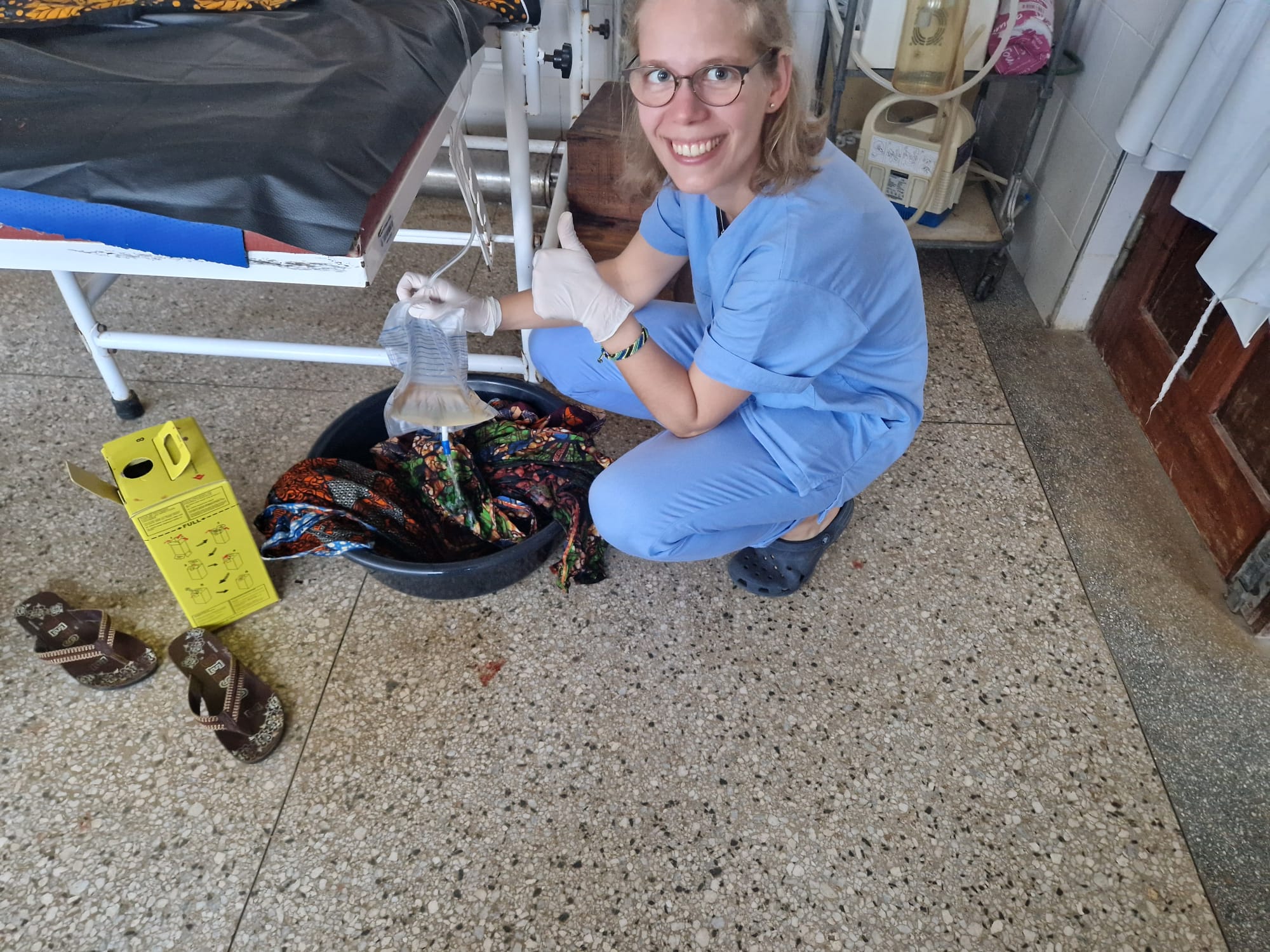Green meadows, deep blue lakes and wonderfully clear air. Many of you have probably taken advantage of the summertime to take a trip to the mountains. The peace and solitude that you can experience there is good for body and soul. You can recover from the fast pace of everyday life, stuffy cities and noisy traffic. A stay like this shows us how important a healthy and safe environment is for our health. We feel refreshed afterwards and can get back to everyday life with more energy.
An intact environment therefore promotes the healthy development of people and, in addition to social and economic influences, is an important prerequisite for a good quality of life. Of course, this also includes water quality, particulate pollution and ozone. In addition, the safety of our environment also plays a major role in human well-being: are we exposed to the constant threat of flooding? Do we have to reckon with fires, droughts or earthquakes?
For this reason, the UN Human Rights Council adopted a resolution in 2021 that recognizes the right to a healthy environment as a fundamental human right. This means that everyone has the right to live in a "safe, clean, healthy and sustainable environment".
The WHO has also enshrined this requirement in its goals in order to take preventative action against a whole range of physical illnesses. According to their estimates, 1.4 million deaths per year are attributable to environmental risk factors such as pollution and the consequences of climate change. A report from 2023 also cites the following facts:
- In 2019, around 570,000 deaths were attributable to ambient air pollution and more than 150,000 deaths to indoor air pollution.
- In 2020, around 77 million people had no access to a safe drinking water supply.
- Last year alone, at least 20,000 people died as a result of the extreme heat in the hottest summer since weather records began in Europe.
In view of this fact, it is also one of our concerns in the projects at Artemed Stiftung to make the environment as safe and healthy as possible for the people living there. Initiatives that improve the quality of drinking water, promote waste disposal and improve the ambient air by replacing diesel generators with solar panels are examples of this.
More information: clean air - green planet



